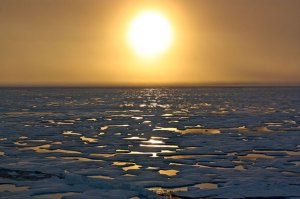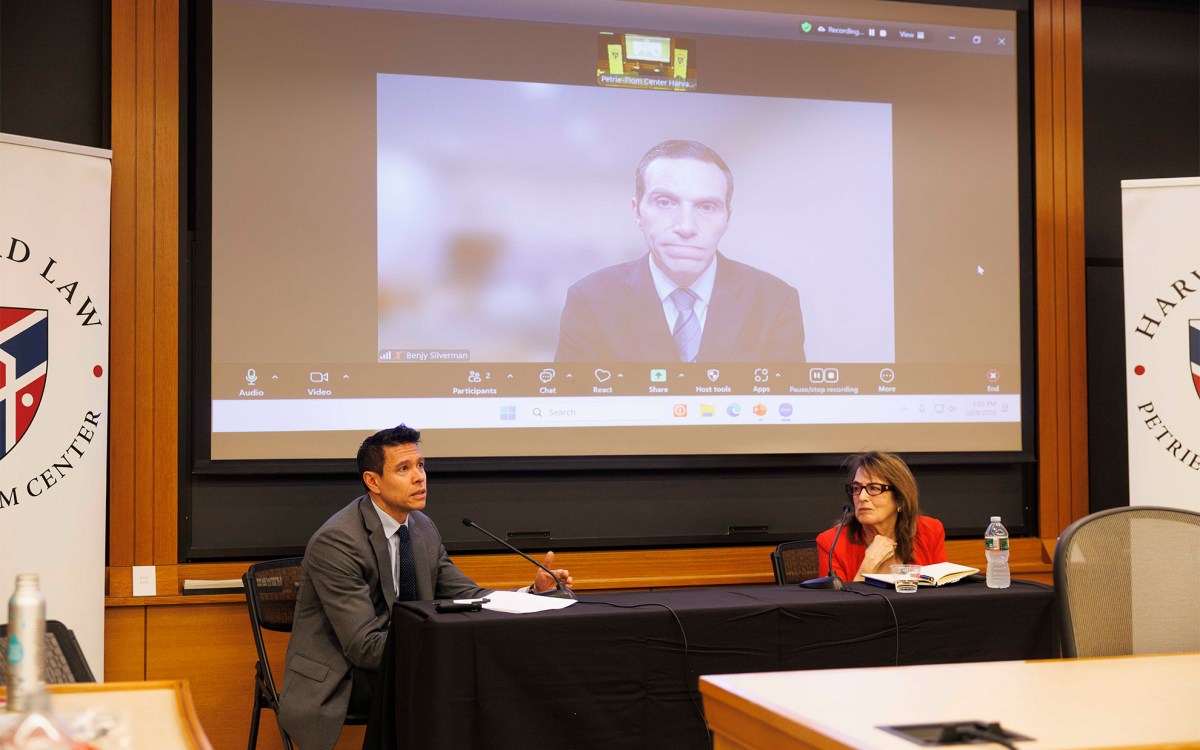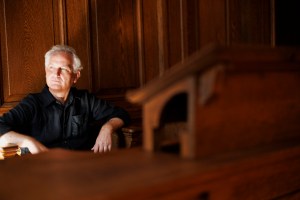Tag: Climate
-
Nation & World
Let’s not fry the planet, but let’s not stoke resentment, either
Clean-energy transition will hurt some communities more than others. Inclusive policy and investments are crucial, says “Uncertain Futures” co-author.
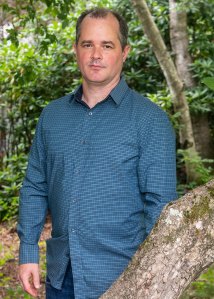
-
Science & Tech
What drives four future climate leaders
Seniors represent diverse backgrounds, concentrations, and perspectives on finding real-world solutions to complex, mounting crisis.
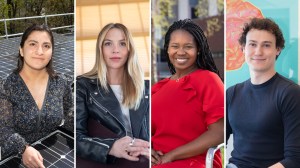
-
Campus & Community
How to make effective climate policy — and policymakers
“Politics of the Environment and Climate Change” challenges students to navigate obstacles and opportunities for effective policymaking at all levels of government.
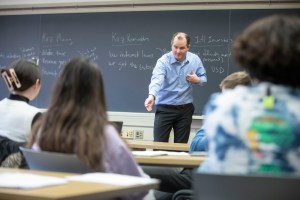
-
Campus & Community
Healthier options for people, planet
The Harvard Food Systems Initiative connects Harvard research on food production and consumption with on-campus experiences and meals.
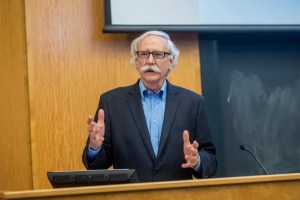
-
Science & Tech
Coming to grips with planetary existential threat
Environmental Science and Public Policy takes multidisciplinary approach to complex existential threat.
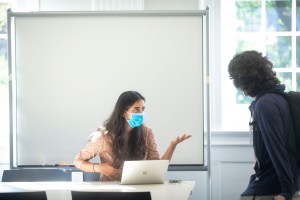
-
Science & Tech
Model explains how life may have emerged on Mars
Harvard researchers have solved a decades-old mystery about how the early Martian atmosphere and climate may have evolved to support periods of warmth and running water on the planet.
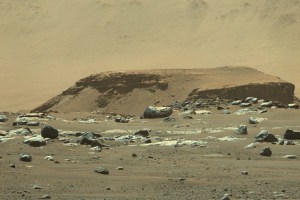
-
Nation & World
Two mayors talk pandemic, civic unrest, and the value of a network of peers
The Gazette recently spoke to Kathy Sheehan, mayor of Albany, N.Y., and Randall Woodfin, mayor of Birmingham, Ala., and asked them to share how their experience at Harvard as part of the Bloomberg Harvard City Leadership Initiative prepared them to face the toughest year of their careers.
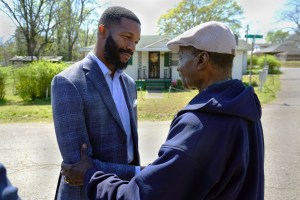
-
Science & Tech
‘Climate Conversations’ series aims to build community, spur action
‘Climate Conversations’ series engages researchers, leaders, practitioners, and organizers to seek paths to collaboration, solutions.
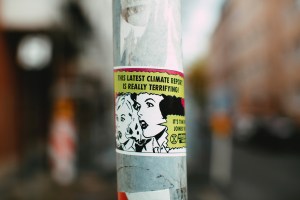
-
Campus & Community
Breaking ground with new degree
Juan Reynoso will be the second Harvard student to have completed a new joint Master in Public Health/Master in Urban Planning degree program.
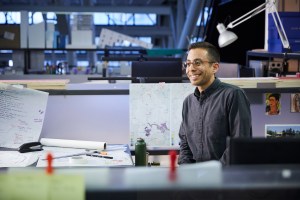
-
Nation & World
No ‘silver lining’ for the climate
On the 50th anniversary of Earth Day, law professor reflects on the state of U.S. climate change regulation and the impacts of COVID-19.
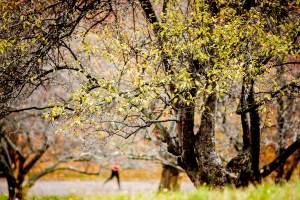
-
Nation & World
The real trade-offs attached to going green with nuclear energy
Former U.S. energy officials urge a second look at nuclear power to combat climate changes.
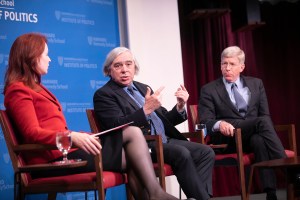
-
Science & Tech
Finding new land-management lessons in old ways
A new study overturns long-held beliefs about the role humans played in shaping the landscape pre- and post- European colonization.
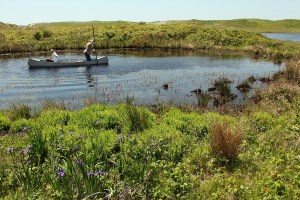
-
Campus & Community
The path to sustainable commuting
Photographers capture the Harvard community taking steps toward a more sustainable commute.
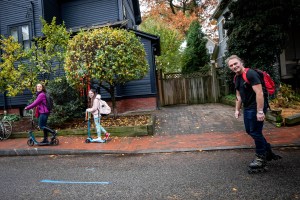
-
Science & Tech
Ending ‘dead zones’
Harvard scientists are teaming up with sustainability officers and landscaping experts to test a new fertilizer that won’t wash into water supplies.

-
Science & Tech
Want to avoid climate-related disasters? Try moving
For decades, the response to flooding and hurricanes was a vow to rebuild. A.R. Siders believes the time has come to consider managed retreat, or the practice of moving communities away from disaster-prone areas to safer lands.
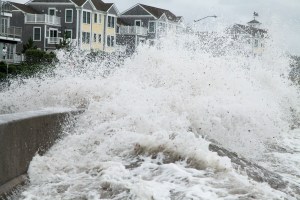
-
Science & Tech
The impact of ocean acidification
In a first-of-its-kind study, findings suggest that continued ocean warming and acidification could impact everything from how fish move to how they eat.
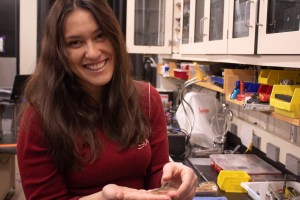
-
Arts & Culture
Design course opens students’ eyes to ‘plant blindness’
A course at the Graduate School of Design takes students from the classroom into Harvard’s Arnold Arboretum, where plants come to life for these landscape architects.
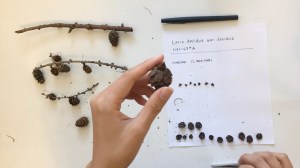
-
Science & Tech
A growing role as a living lab
Harvard’s Arnold Arboretum is a critical destination for researchers such as Andrew Groover, who finds every species he needs within its 281 acres.

-
Science & Tech
Curbing carbon on campus
Harvard University achieves ambitious climate goal set in 2008.
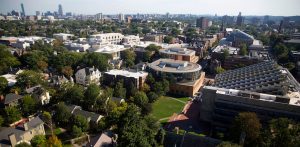
-
Science & Tech
The complex relationship between heat and ozone
If emission rates continue unchecked, regions of the United States could experience between three and nine additional days of unhealthy ozone levels each year by 2050, according to a new study from the Harvard John A. Paulson School of Engineering and Applied Sciences.
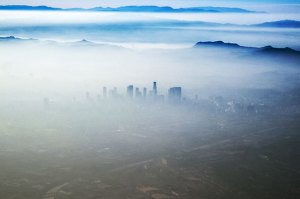
-
Science & Tech
Climate test for forests
New research on northeastern forests is examining how the earlier arrival of warm weather might clash with genetic programming tuned to lengthening days and the duration and depth of winter cold.
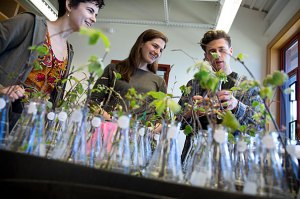
-
Science & Tech
More eyes on climate change
Season Spotter is a citizen-science project that aims to recruit Internet users to assist researchers analyzing images of natural scenes.
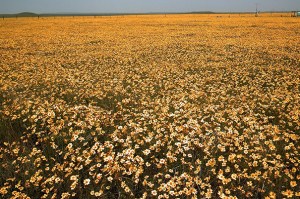
-
Health
Case of the rotting mummies
Chilean preservationists have turned to a Harvard scientist with a record of solving mysteries around threatened cultural artifacts.

-
Science & Tech
A trap for greenhouse gas
A team of researchers has developed a novel class of materials that enable a safer, cheaper, and more energy-efficient process for removing greenhouse gas from power-plant emissions.
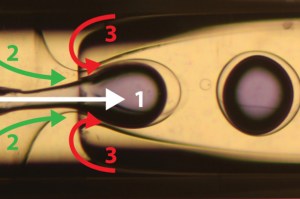
-
Science & Tech
Boston’s leaky pipes add to greenhouse-gas buildup
A Harvard-led study reveals that an aging natural-gas distribution system short-changes Boston-area customers and contributes to greenhouse-gas buildup. Depending on the season, natural gas leaking from the local distribution system accounts for 60 percent to 100 percent of the region’s emissions of methane.
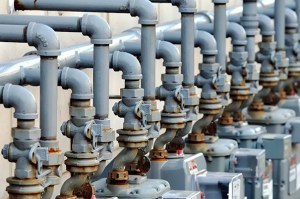
-
Campus & Community
Fund to tackle climate change
In an effort to catalyze research into sustainable energy sources, Harvard President Drew Faust has challenged University friends and alumni to raise a $20 million Climate Change Solutions Fund and seed new approaches to confronting the threat of climate change.
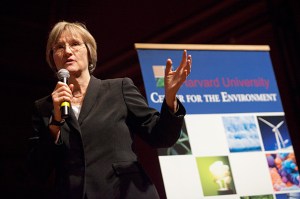
-
Science & Tech
Battery offers renewable energy breakthrough
A team of Harvard scientists and engineers has demonstrated a new type of battery that could fundamentally transform the way electricity is stored on the grid, making power from renewable energy sources such as wind and sun far more economical and reliable.
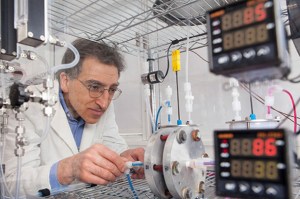
-
Science & Tech
U.S. methane emissions exceed government estimates
Emissions of methane from fossil fuel extraction and refining activities in the United States are nearly five times higher than previous estimates, according to researchers at Harvard University and seven other institutions.
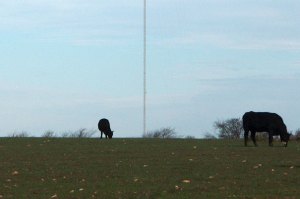
-
Science & Tech
Weather warning
A report co-authored by Professor Michael McElroy and D. James Baker, a former administrator of the National Oceanic and Atmospheric Administration, connects global climate change, extreme weather, and national security.
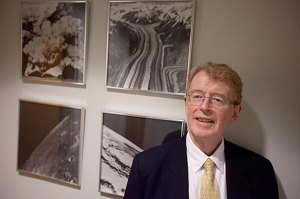
-
Science & Tech
Cautious geohacking
By tailoring geoengineering efforts by region and by need, a new model promises to maximize the effectiveness of solar radiation management while mitigating its potential side effects and risks.
